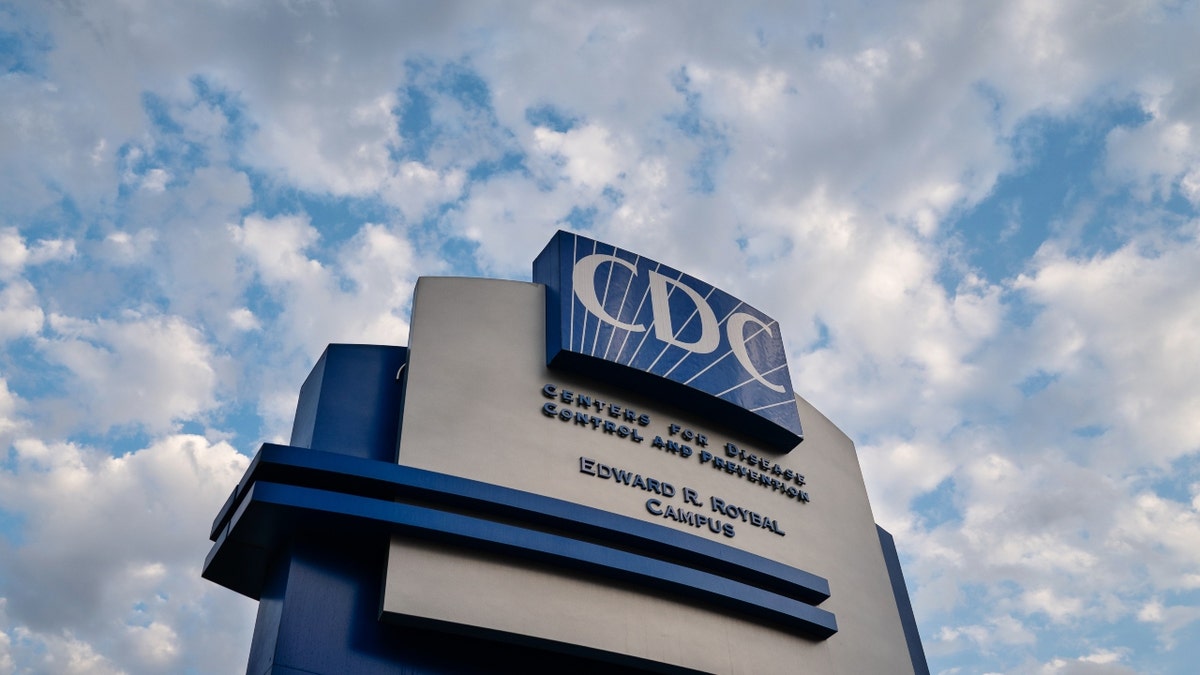The Centers for Disease Control and Prevention (CDC) has found itself in the midst of a debate following the publication of guidance on its website regarding chestfeeding for transgender and non-binary individuals. The advice, included within the agency's "Infant and Young Child Feeding Toolkit," addresses how individuals who have undergone gender-reassignment surgeries or hormone therapy can feed their infants.
The guidance acknowledges that "Transgender and nonbinary-gendered individuals may give birth and breastfeed or feed at the chest (chestfeed)." It further explains that "The gender identity or expression of transgender individuals is different from their sex at birth," and that non-binary individuals' gender identities don't conform to traditional male or female categories.
Specifically, under a section addressing breastfeeding for individuals who have had breast surgery, the CDC asks and answers the question: "Can transgender parents who have had breast/top surgery breastfeed or chestfeed their infants?" The answer provided is "yes," followed by an explanation. The CDC states that some transgender parents who have had breast/top surgery may wish to breastfeed or chestfeed and that healthcare providers should be knowledgeable about the medical, emotional, and social aspects of gender transitions to provide comprehensive care and meet the infant's nutritional needs.

The CDC website also offers suggestions for transgender parents, including maximizing milk production, considering donor milk or formula, managing medications that might affect lactation, and seeking appropriate support resources.

The Daily Mail reports that this guidance may apply to biological men who can induce lactation through hormone therapy that simulates the hormonal changes during pregnancy. However, the FDA warns that one such drug, domperidone, can enter breast milk and potentially cause irregular heartbeats in infants.
Several medical professionals have expressed concern over the CDC's guidance. Critics argue that the agency has not adequately addressed the potential health risks to infants consuming milk produced with the aid of hormones used in gender transition. Dr. Jane Orient, executive director of the Association of American Physicians and Surgeons, criticized the CDC for not discussing these health risks, highlighting the uncertainty surrounding the long-term effects of hormone use on children. Dr. Stuart Fischer, a New York-based physician, questioned the similarity between naturally produced breast milk and hormone-induced milk, emphasizing the need for further research on the long-term impacts on infants' physical and mental health.

The CDC has not yet issued a public response to these criticisms.








